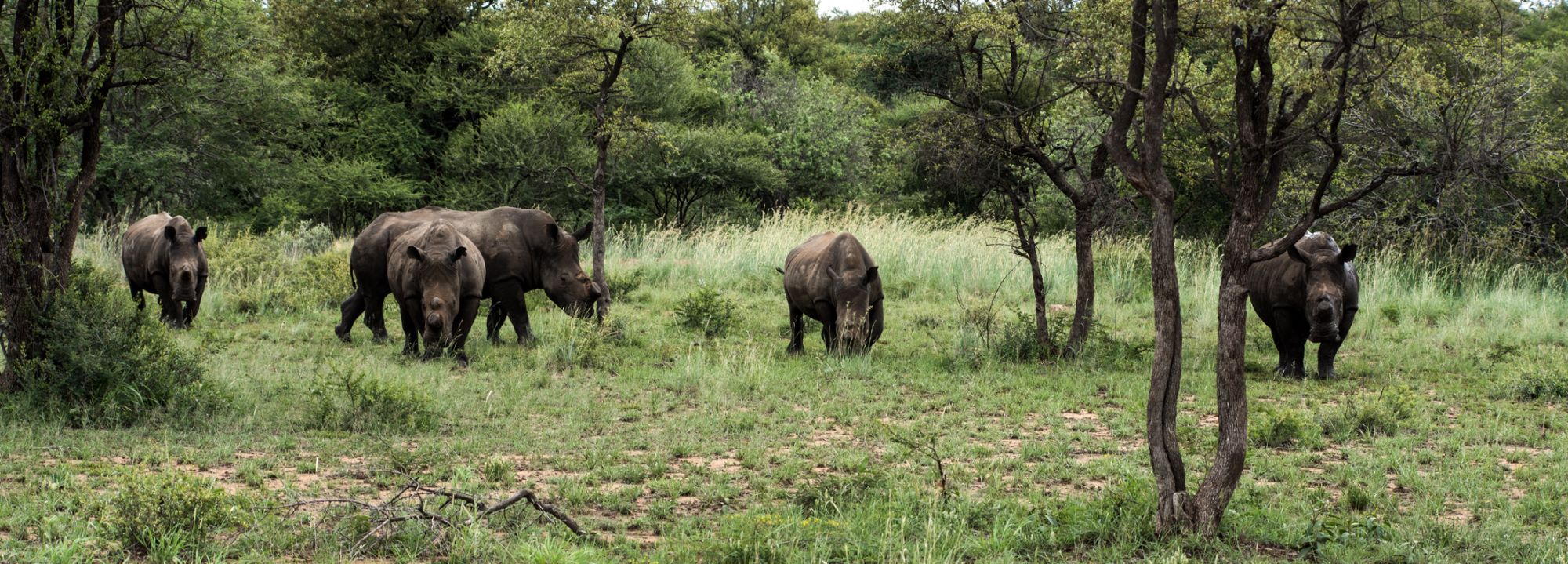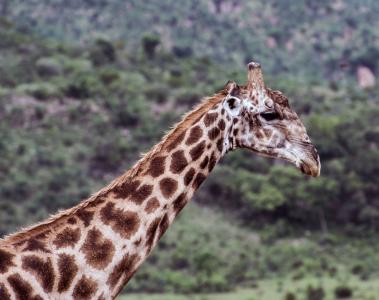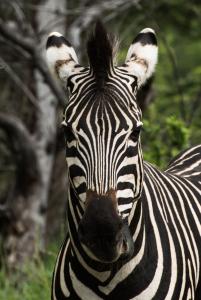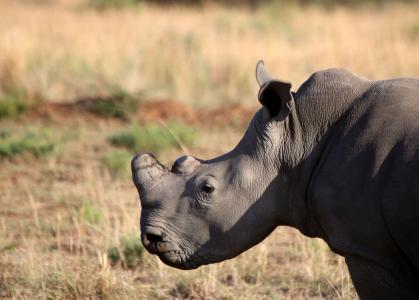Embarking on My First Trip as a Solo Female Traveler, Thanks to Earthwatch
By Ashley Junger, Earthwatch Science Writer
Ashley Junger is about to embark on her first solo travel experience, crossing the Atlantic Ocean and the African continent where she’ll be spending the next few weeks immersed in research on the Earthwatch expedition Conserving Endangered Rhinos in South Africa. She shares her worries as a female traveling alone and the reason why she is conquering these fears now.
I’m going to South Africa!
I’ve wanted to be able to say that for so long, and now it’s finally true. I’m going to type that one more time to really revel in this excitement I’m feeling: I’M GOING TO SOUTH AFRICA!
You probably couldn’t name a location that isn’t on my list of places I’d like to visit, but South Africa has been hovering at the top for quite a while. From the diverse array of animals to the unique culture and history, there’s no shortage of places to see and things to do. In just a few short days, I’ll be arriving at a private reserve in the bushveld to volunteer on the Earthwatch expedition Conserving Endangered Rhinos in South Africa for 12 days.
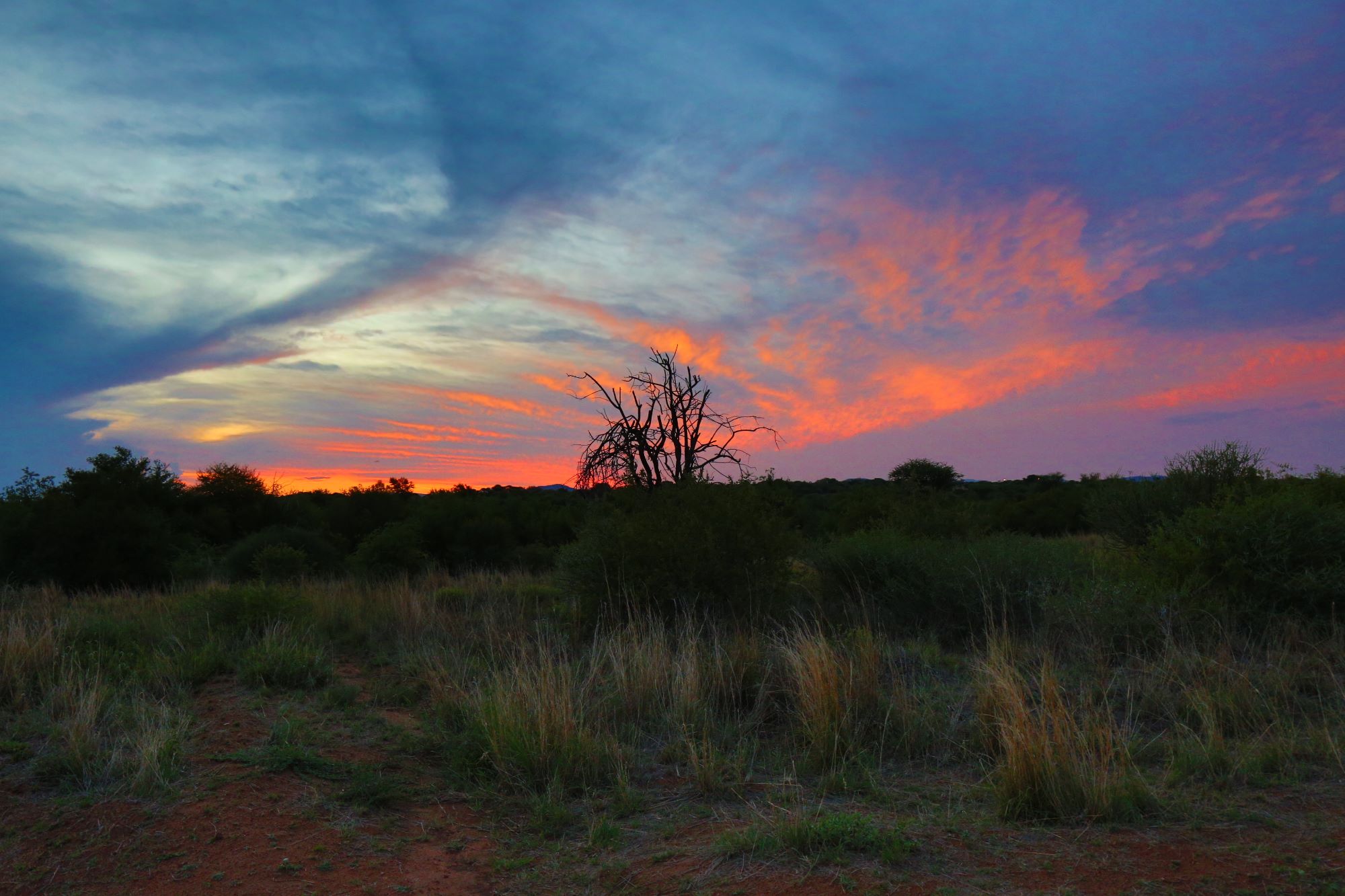
This will be my first trip as a solo traveler, and while I have had a lot of anxieties about committing to traveling alone as a woman, I couldn’t be more excited. But actually planning a big trip like this is difficult, especially when, like me, you’re interested in remote areas and hiking more than tourist spots and beaches.
Usually, I could convince a friend or my sister to tag along and indulge me in checking off an item on my bucket list. However, as I’ve graduated from college and moved on with my life, so have the people around me. Friends and siblings have become infinitely more entangled in their own jobs, relationships, and lives, so carving out weeks to leave everything behind and explore a new place becomes more and more difficult. It seems like if I wait for the perfect time for schedules and finances to align, I’ll never get to go to any of the places I dream of seeing.
So I started thinking more and more about traveling alone, but there’s a lot of stigma and warnings that come with solo travel. People warn that it can be dangerous, boring, and lonely. I hate going to restaurants by myself at home, so why would I like it abroad? And there’s always that pressing millennial question of who will take my travel pictures for Instagram?
Beyond the worry of just being alone abroad, a lot of safety warnings come up for women traveling solo. Whenever I talk about taking a trip by myself, my family always asks me if I’m sure I’ll be safe. Will you go out at night? Who will walk with you? How will you get around? While I definitely view myself as a fully capable woman, dealing with safety concerns, especially the ones that come from being in an unfamiliar place, are daunting to tackle alone.
When I got the opportunity to take a solo conservation trip through Earthwatch, I jumped at the chance. It solves a lot of the common fears I, and many women, have about traveling alone. While I’ll leave my apartment and endure the 17 hours of flights over the Atlantic and across Africa solo, once I arrive, I’ll be joining a group of like-minded people to explore South Africa. I don’t have to worry about planning each day, the safety of each destination, or arranging safe transportation – Earthwatch takes care of it all.
And the research we conduct once we get there is worth the plane ride. Over the last six years, 2,650 rhinos have been killed in South Africa. Scientists estimate that rhinos will become extinct within the next 10 to 20 years if poaching continues at its current rate. One of the things I’m looking forward to most on this trip is the chance to see a rhino unrestrained in the wild. These massive spectacular creatures have been around for millions of years, and I’ll get the opportunity to witness them in their natural habitat.
On this expedition, I’ll join researchers and my fellow volunteers to study the impact of rhinos on their environment and how it could be affected by their disappearance. I won’t just be a tourist, I’ll be embedded in the landscape of the reserve as I observe rhinos, survey birds and mammals, and record vegetation. Through this experience, I’m overcoming my worries of solo travel and getting the chance to act as a researcher, working to conserve an endangered species. Hopefully, with data from this project, policymakers can better protect rhinos, and the next generation of travelers can look forward to seeing these beautiful beasts in the wild as I am now.
And as I look forward to the next couple of weeks, it’s not the transportation, food, or lodging I’m thinking about. It’s the many experiences that will undoubtedly unfold. I’ll be staying with a group of people just as excited to work with rhinos and help to conserve the nature of South Africa as I am. From now on, I won’t have to hesitate about taking solo trips to remote locations because Earthwatch is my new travel buddy.
Keep an eye out for more updates from Ashley on the work she’ll be doing on the expedition Conserving Endangered Rhinos in South Africa!
